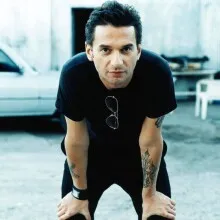An Italian term for comic opera.
In addition, you can familiarize yourself with the terms:
- [English] ballad opera
- [English] comic opera
- [French] opéra comique (m)
- [French] opéra bouffe (m)
- [German] komische Oper (f)
- [German] heitere Oper (f)
- [Italian] opera buffa (f)








Leave a Reply